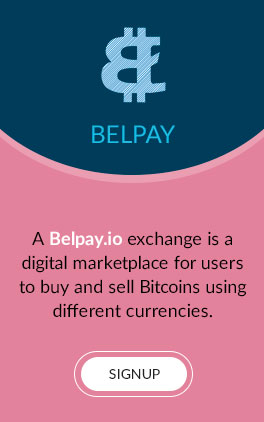Cryptocurrency & Blockchain Technology: Future Of Business

Cryptocurrency & Blockchain Technology: Future Of Business
Did you know that there are currently 700 different varieties of cryptocurrencies? Did you realize that in 2011, a single Bitcoin was worth $1? Today, they are worth $6,000. But there is more to blockchain technology than that. Its applications go well beyond cryptocurrencies like Bitcoin. Everyone is aware of the connection between digital currency and blockchains. Only one application of Blockchain technology is Bitcoin. But if blockchain is adopted by bitcoin cryptocurrency, it must be secure, right?
Despite having been in use since 2008, bitcoin and blockchain technology have recently grown in prominence. Blockchain is a distributed technology that secures each transaction it conducts using cryptography. Every bit of data traveling through a blockchain must pass through several stages of examination. The database is distributed and provides permitted access to users and admins in a shared mode, regardless of whether this technology is used to store information or deal with bitcoin. Every time a user accesses the information, the actual data will be continuously reconciled to ensure that they see the most recent version. Hacking the data becomes nearly impossible because it is shared and stored on numerous servers around the network.
How Does Bitcoin Cryptocurrency Function?
Blockchain stores data using distributed database technology. Data is dispersed among numerous servers, each of which continuously verifies the accuracy of the information received. At each data destination, each packet has a cryptographic lock and key mechanism that is cross-verified. Without any effort, the entire transaction's data may be tracked back. Blockchain is now more secure than a distributed network as a result.
The ability to support practically all forms of transactions and the various stages of security testing it goes through before being saved in the database are the most excellent features of blockchains. A typical blockchain financial transaction operates as follows:
The sender sends a block of money. Every participant in the blockchain network receives the block. When everyone agrees, this block is added to the established chain of unchangeable financial transactions. All participants on the blockchain must agree to any modification. The receiver is now entitled to the money block.
Data transactions can likewise be carried out using the same technique. Fraud is unlikely because the transaction is shared over a public journal. The transaction will not be valid if any user objects to it for a legitimate reason. The adoption of blockchains has various benefits for users.
Benefits Of The Blockchain Technology
Because of the unique advantages they provide, blockchains are highly sought after.
Distributed
We are aware that distributed databases are used by blockchains. This gives access to the producers and users, or nodes as they are known in blockchain technology, and ensures that the original data is never altered without permission. The most recent information from the distributed database is available to every node.
Secured
Since it is a distributed database, information is kept on numerous networked servers. A node is each server. To authorize a change to the data, all of the nodes must agree on the change. This provides minimal opportunity for unauthorized access to and updating data. Because of this, blockchain is seen as highly safe, and cryptocurrencies rely on it.
Transparent
Blockchain is open-source. The technology is freely available. Every node is informed of the changes and transactions taking place and is required to provide their consent for them to be carried out. Due to the open-source nature of the technology, thousands of users can view every modification at any given time, and any inconsistency they discover can be reported right away. Blockchains become more transparent as a result.
No Intermediate
Transactions made using blockchain technology are peer-to-peer. Banks and other intermediaries like transaction gateways are not required. Additionally, the entire system is managed by the users, with no outside help. Over time, these lower the transaction cost.
Faster Transaction
Sometimes it takes a long time for banking transactions to be completed. For a bank transaction to be completed, additional formalities and authorizations must be met. Each of these must succeed for the transaction to be successful. The transactions are direct and finished more quickly since blockchains circumvent the banking gateways and cut out the intermediaries.
Blockchain Beyond Different Type Of Cryptocurrency
Here are a few more areas where blockchain technology is in use, even though everyone knows that they are utilized for different type of cryptocurrency transactions.
1. Chain Of Supply
Tracking inventories and items in transit is crucial to the supply chain. The authorized individuals will have immediate access to this information with the usage of blockchain in the supply chain, eliminating the need for a middleman. Blockchain technology can be used to manage all supply chain details.
2. Governance
Every government deals with massive amounts of data regarding the people it governs, their needs, and governance issues. These must be appropriately processed, kept, and accessed as critical information. The most economical, safe, and transparent method of maintaining governance data will be provided by blockchains.
3. Electronic Voting
A digital vote could be manipulated. Blockchain technology, however, prevents corruption in digital voting. Blockchain technology ensures that all data modifications are thoroughly verified, making it impossible to meddle with voting. The vote is less prone to tampering because everybody on the network is able to audit it.
4. Distributed Cloud Storage
Cloud storage is already ubiquitous among companies that focus on data, such as banks, telecoms, and educational institutions. However, cloud storage is centralized and expensive. In comparison to traditional cloud computing, blockchain technology provides superior security, distributed storage, and a more affordable option.
5. Stock Exchange
Blockchain technology has the potential to speed up and safeguard stock exchange transactions. With the help of blockchain technology, the customary delay for stock transfer and settlement can be minimized.
6. Encrypted Messaging
To spread information, people use a variety of messaging apps and telecom networks heavily. Even though the majority of networks make security claims, few are genuinely as safe. For improved security, encrypted communications can be combined with blockchain technology.
Future Applications For Blockchain Technology
Even though it has received a lot of publicity, blockchain technology has the power to alter how organizations operate. This open-source technology gives organizations improved cybersecurity, quicker transactions, and more cost-effective solutions even if it is not disruptive. Blockchain technology is likely to be soon adopted by anything that deals with money and data. Blockchains will be highly beneficial to businesses in the banking, insurance, telecom, energy, real estate, stock trading, and e-commerce sectors. The confidentiality and quickness that blockchain technology offers can be used to the advantage of more companies and governments. There are undoubtedly many more uses for blockchain technology than just bitcoin cryptocurrency.

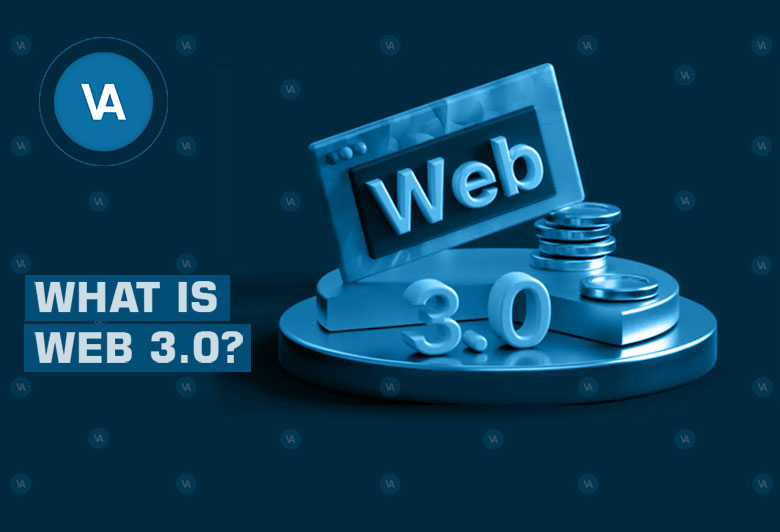
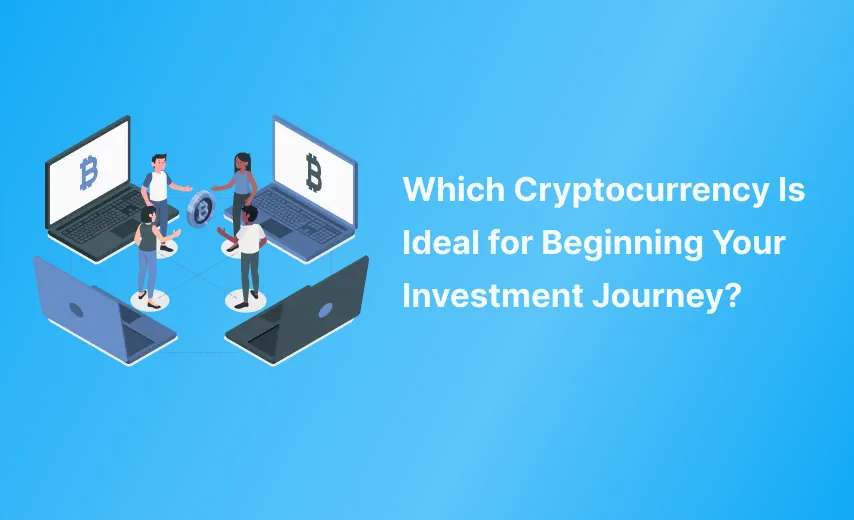
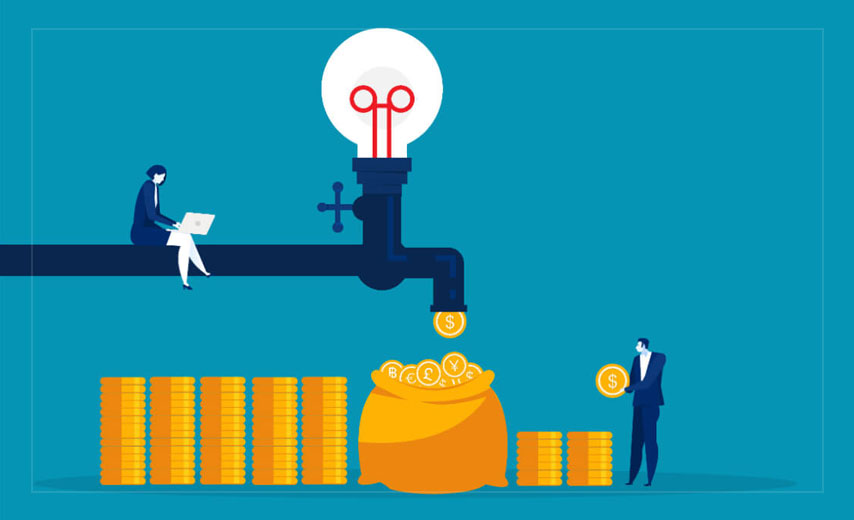
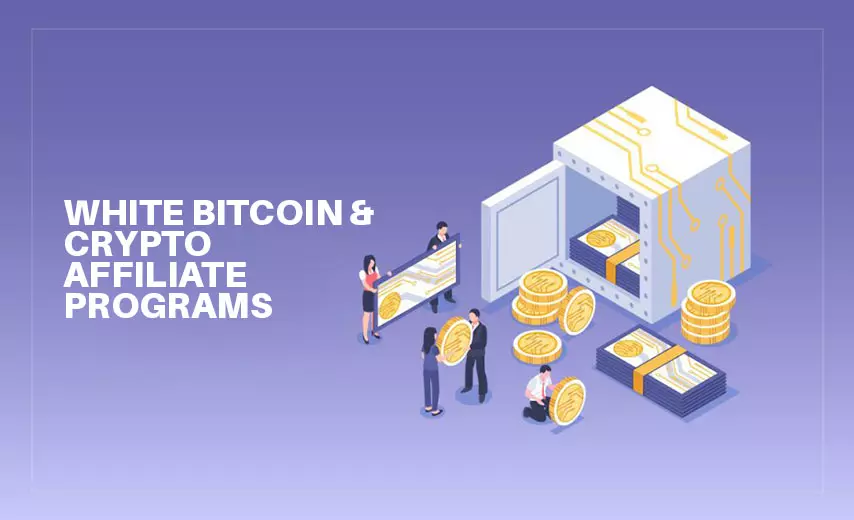
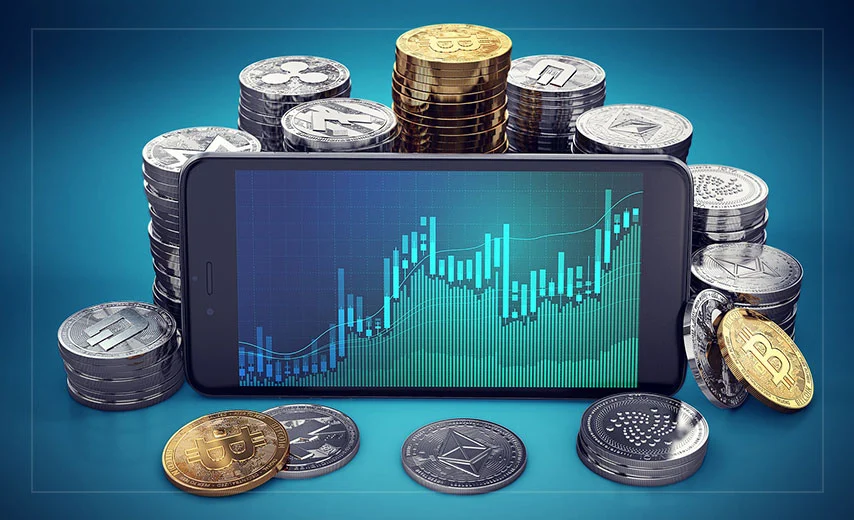

.jpg)
 (1).jpg)

